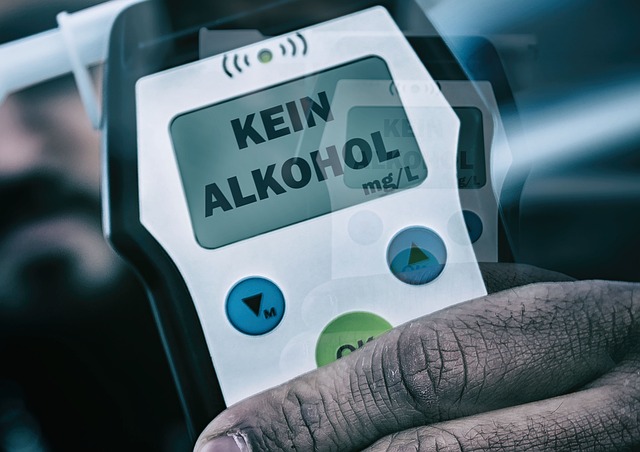Tech Solutions for Impaired Driving are transforming rehabilitation and public safety by leveraging mobile apps, data analytics, and virtual counseling for first-time offenders. These tools track behavior, provide personalized resources, and connect individuals to support networks, reducing recidivism rates and enhancing road safety in today's digital era.
“In a world striving for safer roads, first-time offenders facing impaired driving charges often require a second chance. This article explores the transformative power of technology in offering just that—a fresh start. We delve into innovative tech solutions designed to address impaired driving, focusing on their impact and effectiveness. By examining cutting-edge tools and best practices, we aim to highlight how technology can reduce recidivism rates and empower first-time offenders with a path toward positive change.”
- Understanding Tech Solutions for Impaired Driving: A Second Chance for First-Time Offenders
- The Impact of Technology in Reducing Recidivism Rates
- Implementing Effective Tech Interventions: Strategies and Best Practices
Understanding Tech Solutions for Impaired Driving: A Second Chance for First-Time Offenders

For first-time offenders convicted of impaired driving, the prospect of a second chance can be life-changing. Technology plays a crucial role in offering innovative solutions to address this issue. Modern tech solutions for impaired driving aim to rehabilitate and reintegrate individuals while ensuring public safety. These tools often involve advanced monitoring systems, mobile applications, and data analytics to track behavior and provide support.
By leveraging technology, first-time offenders can access resources tailored to their needs. Apps designed for responsible drinking or substance management can educate users about the consequences of impaired driving and offer strategies to make healthier choices. Additionally, virtual counseling sessions and online support groups facilitate peer connections, fostering a sense of accountability and community. These tech solutions not only provide a second chance but also empower individuals to take control of their well-being and avoid future mistakes.
The Impact of Technology in Reducing Recidivism Rates

In today’s digital era, technology has emerged as a powerful ally in the quest to reduce recidivism rates among first-time offenders, particularly those convicted of impaired driving. Tech solutions for impaired driving, such as mobile apps that promote responsible drinking and offer alternative transportation options, are making a significant impact by changing behaviors and raising awareness. These innovative tools not only provide individuals with resources to make safer choices but also help law enforcement agencies monitor compliance more effectively through real-time data tracking.
Furthermore, technology facilitates access to rehabilitation programs and support networks, ensuring that first-time offenders receive the necessary guidance and assistance to stay on the right path. Online platforms offering educational resources, counseling services, and peer support groups are proving instrumental in breaking down barriers and fostering positive change. By leveraging tech solutions for impaired driving, communities can create a more proactive and comprehensive approach to addressing recidivism, ultimately contributing to safer roads and reduced crime rates.
Implementing Effective Tech Interventions: Strategies and Best Practices

Implementing effective tech interventions is pivotal in addressing first-time offenders and providing them with a second chance to reform their impaired driving habits. Tech solutions for impaired driving, such as mobile apps that promote safe driving behaviors and advanced driver monitoring systems, can play a significant role in prevention. These tools often utilize real-time data and reminders to encourage drivers to make safer choices.
Best practices involve tailoring tech interventions to meet individual needs. This personalized approach ensures that offenders receive targeted support, enhancing the effectiveness of the solutions. Additionally, integrating education and awareness campaigns with these technologies can foster a deeper understanding of the risks associated with impaired driving, encouraging lasting behavioral changes.
Tech solutions for impaired driving offer a promising second chance for first-time offenders, as evidenced by the positive impact on reducing recidivism rates. By implementing effective tech interventions and adhering to best practices, we can foster a safer environment for everyone. These strategies not only enforce compliance but also empower individuals to make better choices, ultimately revolutionizing our approach to impaired driving.






